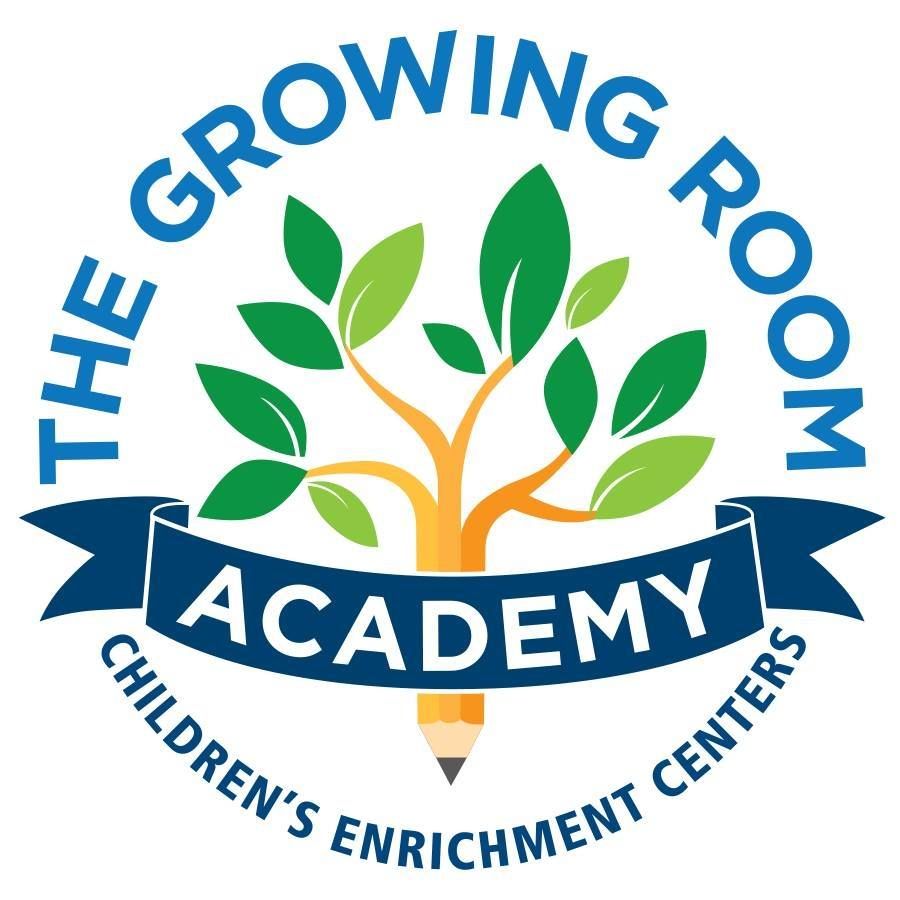The pace of our lives has changed considerably over the last two decades. The technological advances that enhance our lives allow us to function, work, and operate fast and efficiently. Yet, those same advances can lead to a frenzied lifestyle where interpersonal communication and interaction with family members becomes fragmented and weakened. The family is the very foundation of our society. Keeping the family unit strong despite the assaults of modern times can be a daunting task for many parents. The solution, however, is as close as our fondest childhood family memories. And, chances are those cherished memories revolve around family traditions.
Family Traditions Provide Unity and a Sense of Belonging
Traditions bring family together. Whether it is family dinner, summer vacations, birthday and holiday celebrations, or weekly trips to Grandma’s, traditions provide children a sense of belonging. Many of these traditions involve the passing down of multi-generational values. They pay homage to cultural heritage where language, customs, and cultural traditions are shared. Traditions are valuable tools to teach social ethics and family values, while promoting close family ties. On a micro level, they provide children a sense of security, love, and belonging. On a macro level, traditions highlight vibrant and rich cultural heritages and serve as a reminder of family sacrifice and expectations. They tell a story about a family. When coupled with religious or cultural events these traditions serve as rites of passage to instill confidence and pride in youth; this safeguards youth against seeking acceptance from peers or other outside social influences. Traditions not only impart a sense of identity and pride in children, it provides a sense of continuity that binds generations. Recent studies have cited that strong relationships with grandparents lead to less emotional or behavioral problems in children. Honoring family traditions provides a strong sense of self-identity and makes for a self-assured and happy child.
Family Traditions Provide Security
Providing children a sense of security is one of the benefits of family traditions. When life moves at an unpredictable and staggering pace, family traditions are the antidote. Traditions come to be a constant in a child’s life. They insulate against the chaos throughout the days and weeks by creating a “pause” that allows children to feel comfortable and secure in the midst of an ever-changing world. Traditions can also serve as a safeguard in times of grief or change. The worry of moving to a new school or a new state can be reduced when a child knows that pizza night is still every Thursday or that Saturdays are still reserved for soccer in the park. This can be true even if the source of the change or discomfort come from within the family as in the case of divorce or death.
Family Traditions Support the Seasonality and Rhythms of Life
The passing of seasons, the cycles of the moon, and sunrise and sunsets are markers of time that live deeply within us. Honoring those rhythms with family traditions, both celebratory and ordinary, help ground children and provide them with a sense of peace and safety. Traditions revolving around the seasons in terms of holiday celebrations or a consistent bedtime routine serve the same purpose: it adds importance and meaning to the passing of time, while at the same time strengthening bonds and creating closeness. A steady rhythm throughout the day, week, months, and years creates signposts that children value and anticipate.
Family Traditions Reflect Your Family’s Lifestyle
If your family wasn’t steeped in tradition and you are feeling concerned about how to pass down or share cultural practices, not to worry; your traditions are whatever you make them. Start now by creating your own memories. A favorite family recipe followed by game night, an annual trip to the zoo or other local attractions, a camping trip, birthday celebrations at a special locale, service projects, or warm and loving bedtime routines are all traditions that will provide security and happiness now and guaranteed memories in the future. If you are hoping to celebrate heritage in a meaningful way that may not have been a part of your upbringing, turn to grandparents, encourage language and cultural studies, seek information and begin incorporating and honoring that important piece that ties children to their “tribe” and creates a connection with the past.
Traditions provide wonderful lasting memories. They help create happy children and generous adults. Family traditions strengthen bonds, provide a strong sense of identity, and create a space for children to feel valued, safe, and loved. Family Traditions are wonderful way to celebrate life and the love that binds families together.


